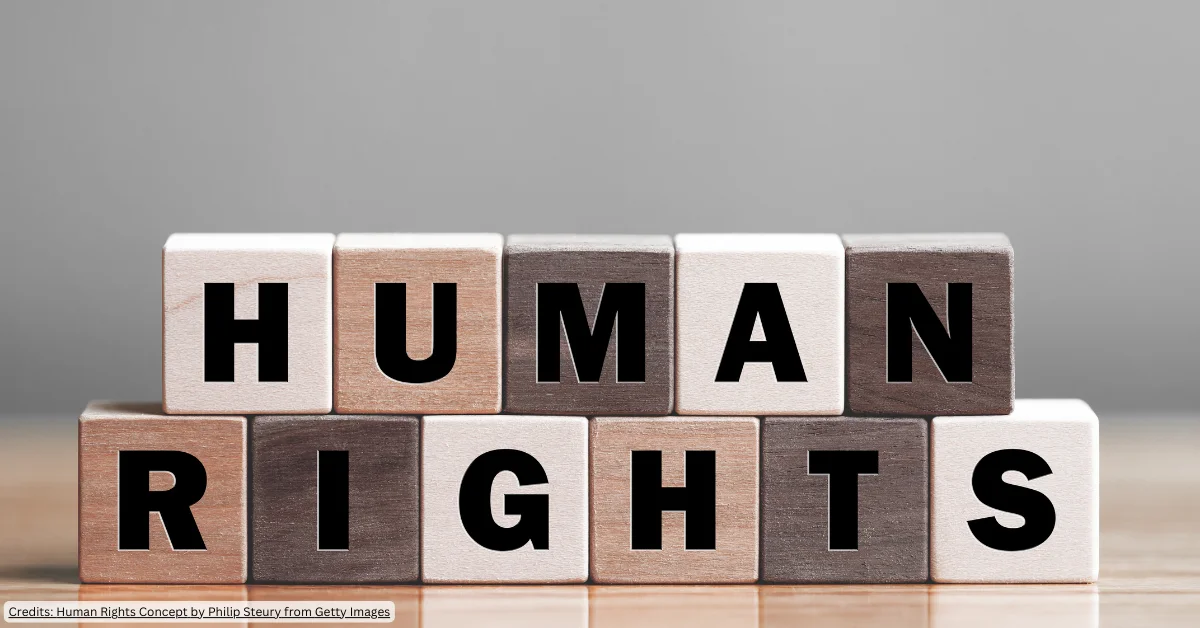The second annual Governance Institute of Australia Ethics Index shows a continuing gap between Australians’ expectations and perceptions of the ethicality of behaviour in many sectors and industries.
Executive pay proved especially troublesome, with 77 per cent of Australians believing a CEO salary of $3 million a year (i.e. 50 times the average Australian’s yearly income) is unethical, 55 per cent believe an annual CEO pay packet of $600,000 is unethical but most believe a $300,000 salary package is ethical.
Furthermore, Australians are unhappy with the ethical standards of large corporations and their CEOs, particularly in banking and finance, as well as parliamentarians, unions and large sections of the media. In contrast, health and education professionals, charities and the ABC are seen as having much higher ethical standards.
“Clearly the Government’s announcement that the 10 May Federal Budget includes a new “Banking Executive Accountability Regime” that gives the Australian Prudential Regulation Authority strong powers to oversee bank executives and their salaries, has done little to arrest widespread community concerns about the lack of ethics, transparency and accountability in the sector,” Governance Institute chief executive Steven Burrell commented.
“But one has to wonder if a Royal Commission is the only way we can restore community trust in the financial services sector?” he added.
“This issue could become a potential mine-field for Boards and the C-suite,” Burrell commented.
The survey asked respondents about their own experience with “personal ethical dilemmas”. Not only were personal, family and relationship matters described as considerably more difficult to assess than financial matters, when it comes to personal ethical matters, 31 per cent indicated that in hindsight they would now change their original decision.
Whistleblowing is seen as among the “top 5 elements ensuring ethical conduct” in society, ranking equally with “a strong legal framework” and ahead of “strong, inquisitive media and oversight by regulators”. Protection for whistleblowers is considered very important, yet Australians are not convinced they are treated ethically.
These results were also reflected in Griffith University’s interim findings, announced in May, of their world’s largest research project into whistleblowing, which has raised the question: to whom should whistleblowers blow the whistle.
“Governance Institute has been saying for some time that regulator-specific provisions across many pieces of legislation do not provide the best protection for those exposing misconduct. We are of the very strong view that whistleblowers need a ‘stand-alone’ one-stop-shop to provide the best protection for those seeking to disclose wrongdoing. In fact, this perceived lack of protection might well be why so many whistleblowers resort to the media,” Burrell said.
In terms of media platforms, the ABC has the highest scores by far, while Twitter and Facebook have the lowest scores. LinkedIn, however, is seen as very ethical.
Sectors in which workers are perceived as less likely to be motivated by wealth, power or fame are seen as more ethical (health, education, charities and not-for-profits and some professional associations), while those in government, banking, finance, insurance, large corporations and the media – particularly social media – are lowest ranked. Interestingly, superannuation funds are perceived as having much higher ethical standards than other financial organisations.
“There is a pattern in how Australians view ethical behaviour. They rank people they have the most personal contact with – GPs, pharmacists and the nearest local hospital – as the most ethical while those more distant are perceived as less ethical,” Burrell added.
The survey of more than 1000 people found that while Australian society, overall, was seen as ‘somewhat ethical’ (with an index rating of 41), large corporations, the banking finance and insurance sector, every level of government and political representatives all had significantly negative ratings on ethics.
As was the case last year, perceptions of ethical standards in the health and education sectors, charities and small business were strongly positive,
Australians continue to rate chief executives and directors as the most important ‘gatekeepers’ influencing ethics in organisations. Board chairs and senior management are also seen as important drivers of ethical conduct, showing that these roles are perceived to wield considerable influence over this aspect of corporate culture.
Laws, regulations and financial penalties are seen to influence ethical behaviour, but are not considered as important a factor as the ‘tone from the top’ set by directors and C-suite executives.
Overall, corporate leaders do not rate well. Company secretaries, directors of Australian companies and chief financial officers rate as more ethical than unethical, while board chairs, foreign company directors, chief executives and senior executives are all seen as unethical on balance.
“Boards and the C-suite still need to lift their game. The role of leadership in promoting ethical conduct in the business sector is viewed as important by 54 per cent of Australians, and these leaders are seen to have the key role in influencing ethical behaviour, yet neither they nor their organisations are perceived to be very ethical,” Burrell commented.
The survey found that professional and business associations, including the Governance Institute of Australia, Australian Medical Association, Farmers’ Federation of Australia, Engineers Australia and Chartered Accountants Australia and New Zealand are considered strongly ethical. However, some others are rated poorly, with the Real Estate Institute of Australia receiving negative ratings.
In the corporate sector, ASX listed companies fared marginally better than unlisted companies. Both categories are judged by most in the neutral to positively ethical range. Foreign companies operating in Australia compared poorly to their Australian counterparts with most respondents placing them on the neutral to unethical end of the scale.
This suggests that the transparency and accountability obligations of public companies allow for greater insight into their behaviours and conduct than is possible for private and foreign companies that are not subject to the same disclosure requirements. Regulatory oversight, financial penalties and scrutiny by activists’ groups are not seen to have the same degree of importance in relation to ethical conduct as corporate leadership and those accountability and transparency frameworks.
“The Index makes it very clear that societal, not environmental, issues pose the greatest ethical dilemmas for Australians. Decisions about immigration, euthanasia and terrorism all rate as more ethically challenging than those relating to climate change, the environment and renewable energy,” Burrell concluded.
- Gali Blacherhttps://thirdsector.com.au/author/galioctomedia-com-au/
- Gali Blacherhttps://thirdsector.com.au/author/galioctomedia-com-au/
- Gali Blacherhttps://thirdsector.com.au/author/galioctomedia-com-au/
- Gali Blacherhttps://thirdsector.com.au/author/galioctomedia-com-au/












